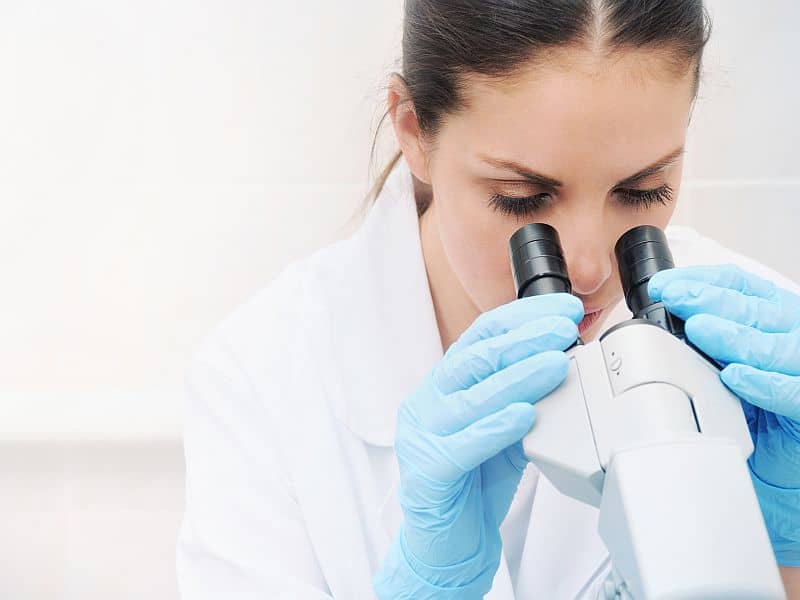FRIDAY, Dec. 15, 2017 (HealthDay News) — Laboratory-developed tests (LDTs) and U.S. Food and Drug Administration-approved companion diagnostics (FDA-CDs) have similar, excellent accuracy for diagnosing variants in three oncology-related genes, according to a brief report published online Dec. 14 in JAMA Oncology.
Annette S. Kim, M.D., Ph.D., from Brigham and Women’s Hospital in Boston, and colleagues compared the analytical performance of LDTs and FDA-CDs for BRAF, EGFR, and KRAS genes on 6,897 well-characterized proficiency testing samples. Additionally, practice characteristics of laboratories using these assays were compared.
The researchers found that both LDTs and FDA-CDs have excellent performance overall, with both test types exceeding 97 percent accuracy for all three genes combined. There was no consistent benefit of either LDTs or FDA-CDs for rare variants. More than 60 percent of FDA-CD users reported adapting the assay from the approved procedure in order to allow for a greater breadth of sample types, minimum tumor content, or instrumentation, effectively changing the classification of the assay from FDA-CD to LDT.
“This study demonstrates the high degree of accuracy and comparable performance of both LDTs and FDA-CDs for three oncology analytes,” the authors write. “More significantly, the majority of laboratories using FDA-CDs have modified the scope of their assay to allow for more clinical practice variety, rendering them LDTs. These findings support both the excellent and equivalent performance of both LDTs and FDA-CDs in clinical diagnostic testing.”
Several authors disclosed financial ties to the diagnostics and pharmaceutical industries.
Abstract/Full Text (subscription or payment may be required)
Editorial (subscription or payment may be required)
Copyright © 2017 HealthDay. All rights reserved.



